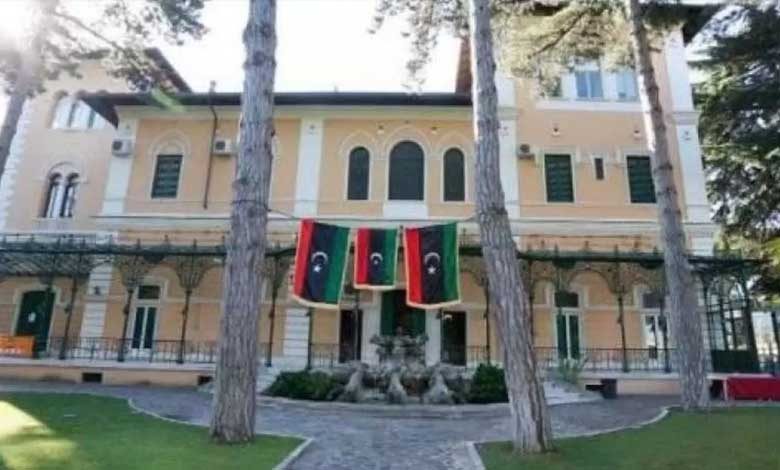Libyan-Egyptian Consulate Committee Discusses Activating ‘Four Freedoms’ Agreement

The Libyan-Egyptian Joint Consulate Committee has discussed the importance of activating the bilateral “Four Freedoms” Agreement, which incorporates articles regarding ownership, movement, work, and residence.
Following an eight-year halt, the Committee held its 13th session in Cairo in the week , during which parties discussed cooperation in eight various fields, also as several problems with common interest.
Among the matters discussed were aspects of joint cooperation within the fields of consular, security and judicial cooperation, manpower and social welfare , marine fishing and fisheries, financial and customs issues, land transport, and health.
Extensive discussions also happened on several outstanding issues, including facilitating procedures to grant visas to citizens of both countries, simplifying entry procedures through official outlets, and dealing on activating the agreement for canceling entry fees.
Both sides also agreed to work out and overcome all difficulties facing the movement of cars, individuals, trucks, and goods between the 2 countries, also as giving priority to patients and humanitarian cases.
The Egyptian delegation was headed by Assistant secretary of state for Consular Affairs Ambassador Amr Mahmoud Abbas, while the Libyan side was headed by Undersecretary for Technical Affairs Mahmoud Khalifa al-Telisi.
Earlier in the week , Cairo assigned Ambassador Mohammed Tharwat as Charge d’Affaires of its embassy in Tripoli. he’s expected to arrive within the capital on Friday to assume his post.
In April, Prime Minister Mostafa Madbouly visited Tripoli at the top of a high-ranking delegation and met together with his Libyan counterpart, Abdel Hamid Dbeibeh.
Both sides discussed regional and international problems with common interest and emphasized the importance of intensifying coordination and political consultation on various issues.
They stressed the importance of protecting Libya’s sovereignty over its territory, its political unity, and its independence.
Madbouly stressed during a statement that the Presidential Council and therefore the Government of National Unity (GNU) are the sole legitimate executive authorities in Libya.












